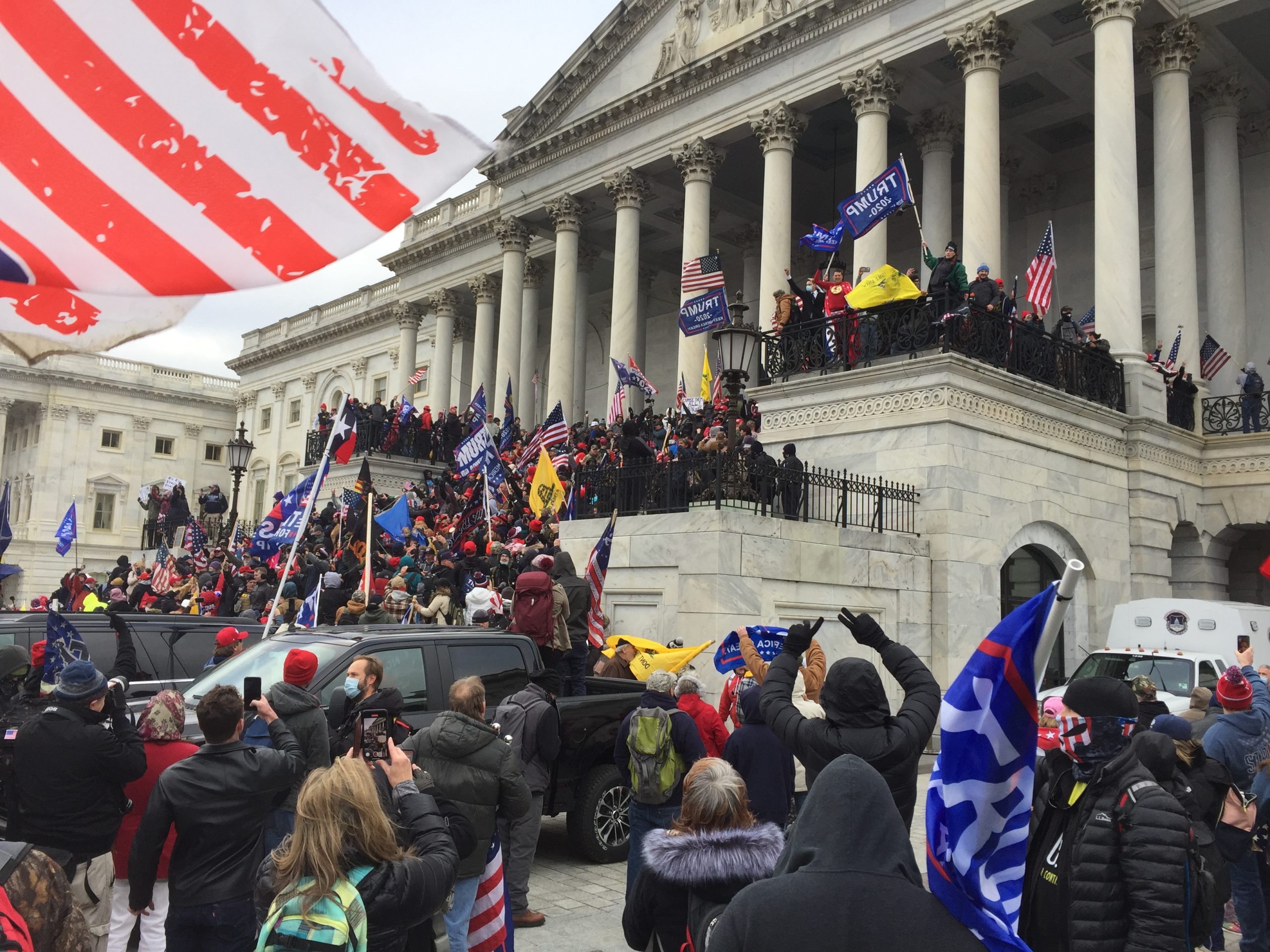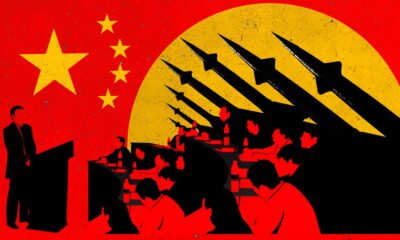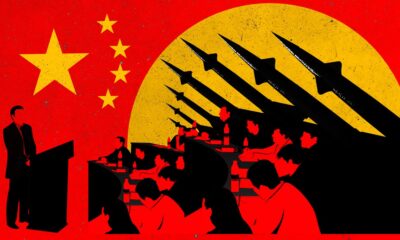Politics
China’s Tiananmen Square Massacre: A Legacy of Forgetting

China’s refusal to acknowledge the Tiananmen Square massacre of 1989 continues to shape its political landscape, reflecting a broader trend of selective memory and state-sanctioned forgetfulness. This act of “forgettance,” as described by the BBC, highlights the lengths to which the Chinese government goes to suppress the memory of the violent crackdown on pro-democracy protesters, which is estimated to have resulted in the deaths of up to 10,000 individuals.
In the late 1980s, China underwent significant changes under the leadership of Deng Xiaoping, who sought to modernize the economy through foreign investment and privatization. While these reforms spurred economic growth, they also gave rise to rampant corruption and heightened demands for political freedoms. The death of Hu Yaobang, a reform-minded leader, in April 1989 catalyzed widespread protests, with hundreds of thousands gathering in Tiananmen Square to call for greater transparency and freedom of speech.
The Chinese government initially hesitated to act decisively against the demonstrators, leading to divisions within the Communist Party. Ultimately, hardliners prevailed, and on June 3-4, 1989, troops were ordered to clear the square. The ensuing violence shocked the world and resulted in a brutal crackdown, with the military firing on unarmed protesters and arresting thousands.
Decades later, the Chinese regime continues to suppress discourse surrounding Tiananmen Square. There are no official commemorations of the event, and the government employs extensive censorship mechanisms to erase any mention of the massacre from public consciousness. According to the BBC, in the weeks leading up to the anniversary, a vast apparatus of automated algorithms and human censors expunge references to the events of 1989 from the internet. Individuals who violate censorship laws may face severe penalties, including imprisonment.
The need for forgettance in China mirrors a troubling trend in other parts of the world. In the United States, recent political developments have raised concerns about accountability and the manipulation of public memory. Following the events of January 6, 2021, when supporters of then-President Donald Trump stormed the U.S. Capitol, there has been a concerted effort among some factions to rewrite the narrative surrounding the insurrection. This includes pardoning individuals involved in the riot, underscoring a broader pattern of denying uncomfortable truths.
The My Lai Massacre during the Vietnam War serves as a poignant reminder of how state-sanctioned violence can lead to a collective amnesia regarding historical atrocities. On March 16, 1968, U.S. soldiers killed hundreds of unarmed Vietnamese civilians, an event that became emblematic of the moral failures of the war. The response from the U.S. government was to frame the conflict as a noble struggle against communism, ignoring the reality of its own actions.
Similarly, the destruction of the Buddhas of Bamiyan by the Taliban in 2001 illustrates how ideological extremism can lead to a selective erasure of cultural heritage. The Taliban’s justification for this act was rooted in a belief that non-Islamic symbols should be eliminated, reflecting a broader intolerance for diversity and historical memory.
In light of these historical examples, the need for accurate remembrance becomes increasingly urgent. Forgetting past atrocities not only emboldens authoritarian regimes but also undermines the principles of justice and accountability. As the world grapples with the implications of selective memory, the challenge remains to confront uncomfortable truths and ensure that history does not repeat itself.
As the anniversary of the Tiananmen Square massacre approaches, the stark contrast between state-sponsored forgettance and the human need for remembrance becomes increasingly evident. The stories of those who suffered during the protests must not fade into obscurity. Instead, they should serve as a reminder of the ongoing struggle for freedom and the importance of preserving collective memory in the face of oppression.
-

 Entertainment3 months ago
Entertainment3 months agoAnn Ming Reflects on ITV’s ‘I Fought the Law’ Drama
-

 Entertainment4 months ago
Entertainment4 months agoKate Garraway Sells £2 Million Home Amid Financial Struggles
-

 Health3 months ago
Health3 months agoKatie Price Faces New Health Concerns After Cancer Symptoms Resurface
-

 Entertainment3 weeks ago
Entertainment3 weeks agoCoronation Street Fans React as Todd Faces Heartbreaking Choice
-

 Entertainment3 months ago
Entertainment3 months agoCoronation Street’s Carl Webster Faces Trouble with New Affairs
-

 World3 days ago
World3 days agoKevin Sinfield Exceeds Fundraising Goal Ahead of Final Marathons
-

 Entertainment3 days ago
Entertainment3 days agoTwo Stars Evicted from I’m A Celebrity Just Days Before Finale
-

 World3 weeks ago
World3 weeks agoBailey Announces Heartbreaking Split from Rebecca After Reunion
-

 Entertainment3 months ago
Entertainment3 months agoWhere is Tinder Swindler Simon Leviev? Latest Updates Revealed
-

 Entertainment4 months ago
Entertainment4 months agoMarkiplier Addresses AI Controversy During Livestream Response
-

 Science2 months ago
Science2 months agoBrian Cox Addresses Claims of Alien Probe in 3I/ATLAS Discovery
-

 Health5 months ago
Health5 months agoCarol Vorderman Reflects on Health Scare and Family Support





















